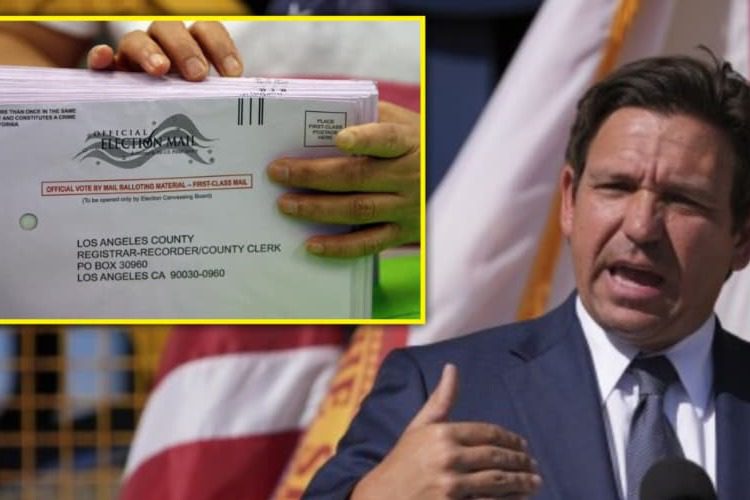Florida Governor Ron DeSantis Warns California’s Endless Mail-In-Ballot Counting Could Be a Massive Election Integrity Risk
Florida Governor Ron DeSantis has thrown down a gauntlet. With characteristic bluntness, he said Monday that what’s happening in California’s elections is “suspicious,” framing the state’s extended vote-counting process as a threat to democratic legitimacy. In his view, the fact that ballots continue to trickle in long after Election Day — in many cases weeks later — raises profound questions about how results are certified and who can trust the outcome.
His remarks arrived as the West Coast juggernaut of vote-by-mail counts, delayed results and post-Election Day processing continues. DeSantis pointed specifically to California’s approach, where congressional leads for Republicans such as Michelle Steel and John Duarte flipped in the days following Election Day, a phenomenon he calls “proof that the system is rigged” or, at the very least, at grave risk. He asked: “Is it just a coincidence that California keeps counting until the desired result is achieved?” Looking ahead, DeSantis says the federal United States Supreme Court must step in and rule that Election Day means ballots must be received and counted by Election Day — no exceptions.
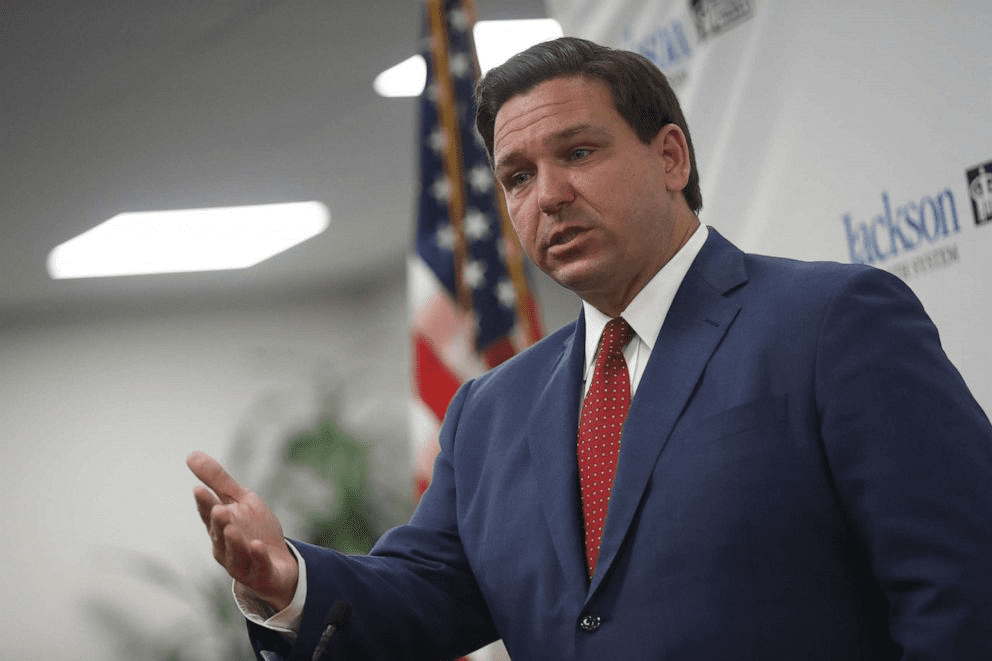
California’s method stands in contrast to states like Florida, where by comparison the vast majority of ballots are counted on or immediately after Election Day. According to the Associated Press, Florida reported over 99 percent of ballots within hours in the 2020 presidential race, while California still had tens of thousands—if not more—ballots outstanding days later. DeSantis made clear that these procedural differences matter, not just in technical terms but in political ones. He argued the protracted timeline undermines public confidence, creates endless uncertainty and opens the door to post-Election Day legal actions.
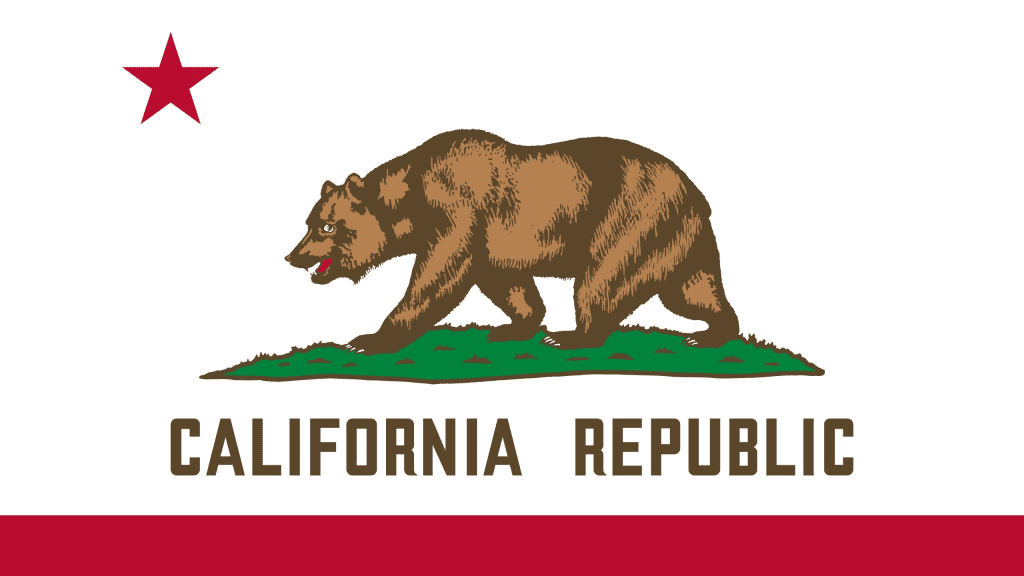
The deeper fault line lies in policy and principle. California allows mail-in ballots to arrive after Election Day, as long as they are post-marked by that day and received within a set window. According to the Los Angeles Times, one county in California accepted ballots up to a week past Election Day under existing rules. Florida, under DeSantis, has strict deadlines and tighter rules on ballot receipt and signature verification, which he said are designed to protect integrity. Critics of California’s system counter that the delays are simply a function of volume, signature verification and a commitment to counting every vote. Secretary of State Shirley Weber defended the process, noting voters should not be penalised for postal delays or procedural complexities.
There is no publicly verified evidence, however, that California’s system has resulted in widespread fraud. Analysts from the respected Brennan Center for Justice once found the rate of mail-ballot fraud in U.S. elections to be extremely low—around 0.00000013 percent in one study. Nonetheless, DeSantis maintains that even if fraud isn’t proven yet, the potential damage to confidence is real. He argued that the perception of unfairness can be as harmful as actual misconduct.
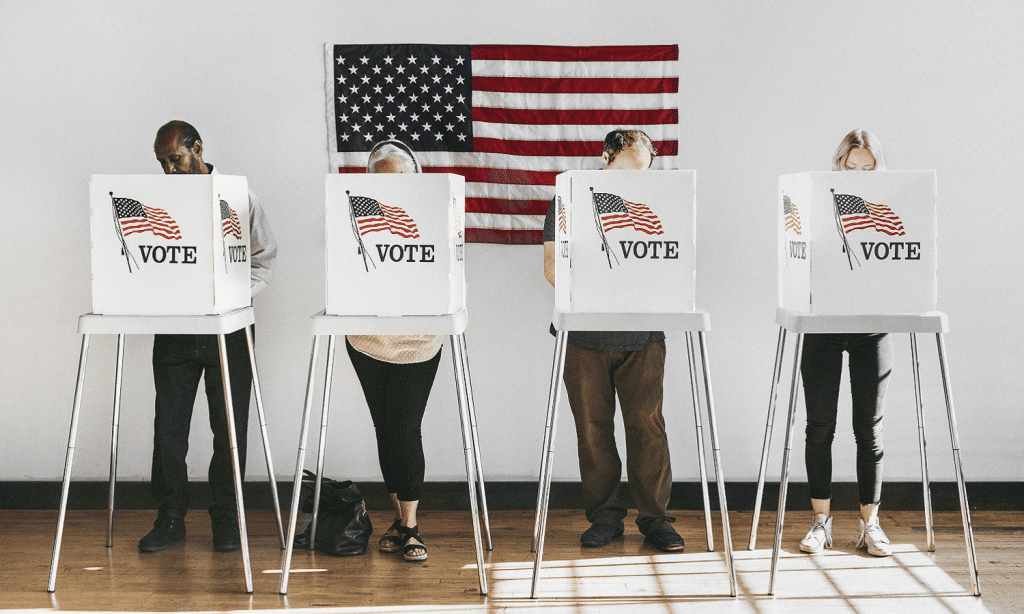
The stakes stretch far beyond state lines. With midterm elections looming and control of the House of Representatives hanging in the balance, the question of how votes are counted—and when—takes on national significance. DeSantis, positioning himself loudly in the conversation, suggested a federal intervention may be required. He contends that if ballots are counted well past Election Day, that invites manipulation or, at least, the appearance of it—which he says is unacceptable in a healthy republic.
On the flip side, statutes in several states allow extended receipt deadlines as a matter of choice. California proponents say the system expands access, especially for voters who encounter postal delays or live in remote areas. They argue every vote should count and flexibility is not weakness. But for DeSantis and other election-integrity hawks, those very rules amount to a vulnerability. They warn that if one state allows infinite time for counting, trust in all elections could erode.
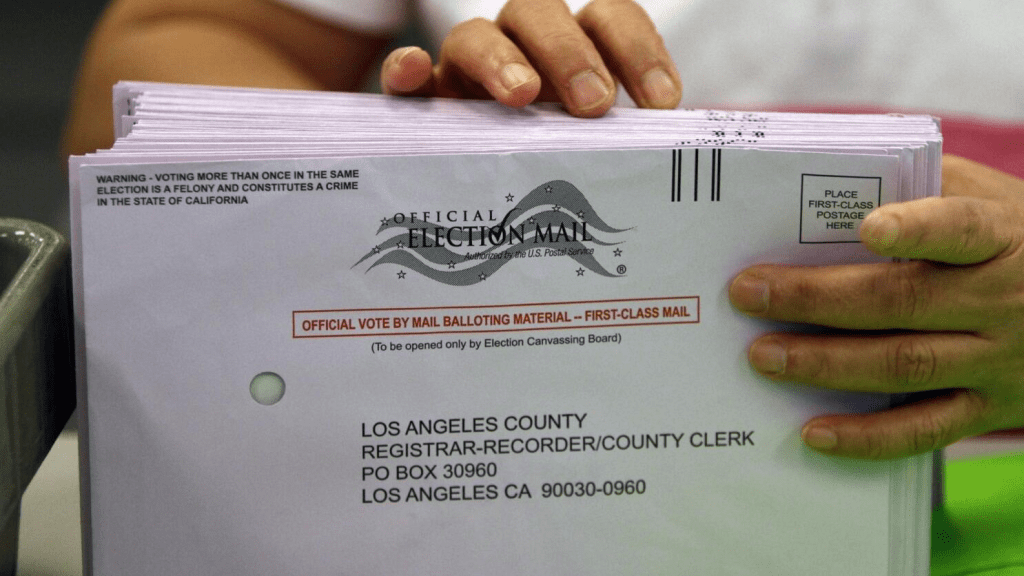
As the two states—Florida and California—represent ideological poles in the U.S., the message is as much symbolic as procedural. Florida’s quick tabulation model has become a talking point for Republicans, whereas California’s slower, more deliberative method is now being criticised as opaque and unstable. DeSantis used the example of late-arriving ballots in key California races to argue that the system allows one party’s fortunes to shift after Election Day, fueling suspicions among voters who believe numbers should be final when polls close.
The question now is whether the Supreme Court will respond. DeSantis’ call for the Court to define Election Day rules puts a spotlight on constitutional and federal-state tensions. Can the federal judiciary mandate deadlines for ballot receipt? Can states that have accepted later ballots be forced to shorten their windows? These are unresolved legal questions, but DeSantis clearly believes they merit urgent clarification.
In the meantime, voters in states like California continue to wait for final results. In an era of polarised politics and deep scepticism, every delay becomes fuel for the narrative of rigged outcomes. DeSantis’ rhetoric resonates with an audience worried that elections may not just determine winners—but whether the rules were fair in the first place. Whether he succeeds in shifting federal policy remains to be seen, but the debate he ignited is very real.
As Florida’s governor thrusts the spotlight onto California’s counting practices, he is not merely raising procedural questions—he is issuing a broader challenge about the principles of trust, timing and transparency in elections. And in doing so, he is staking a claim in the ongoing battle over how America chooses its future.
